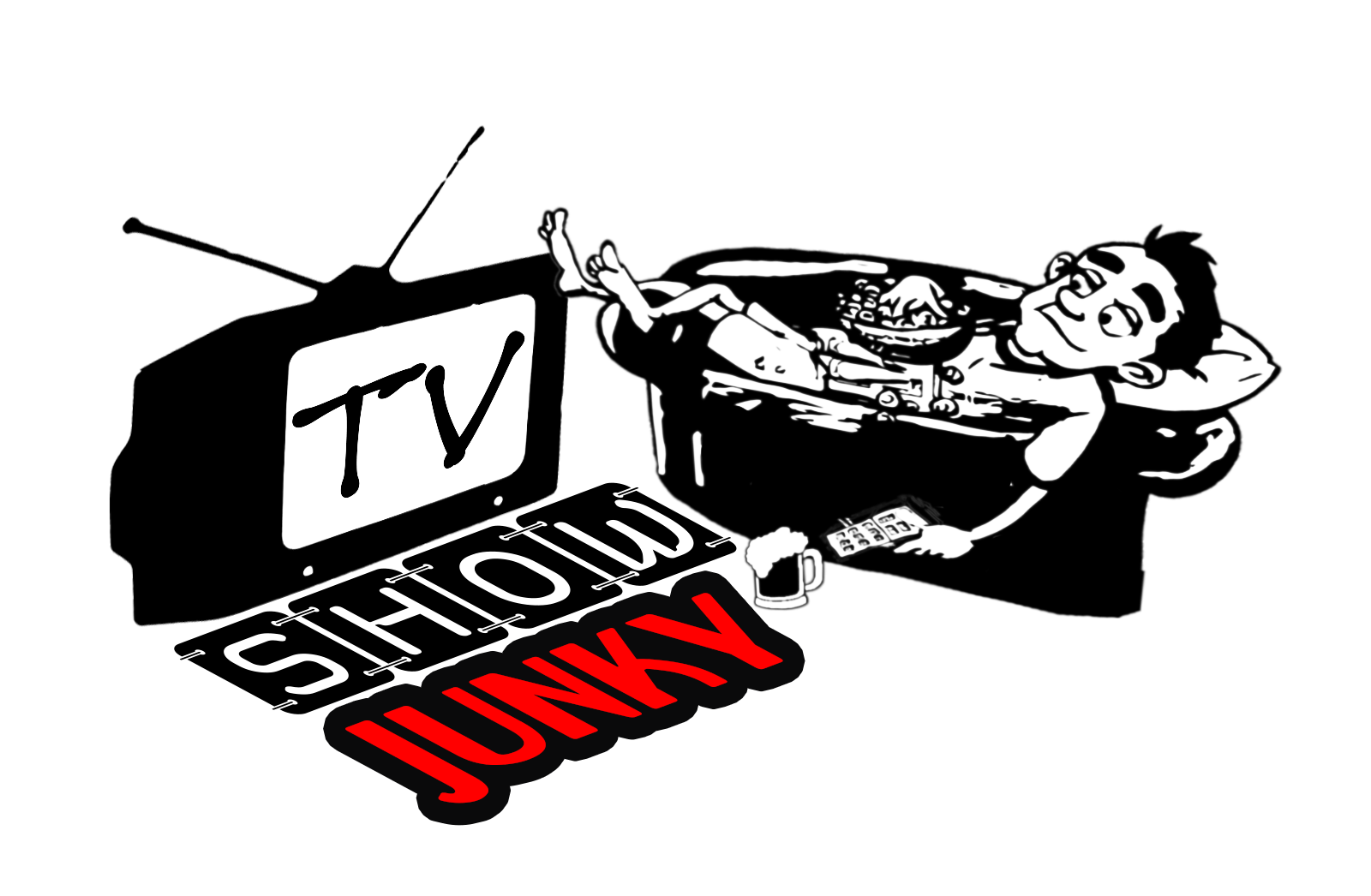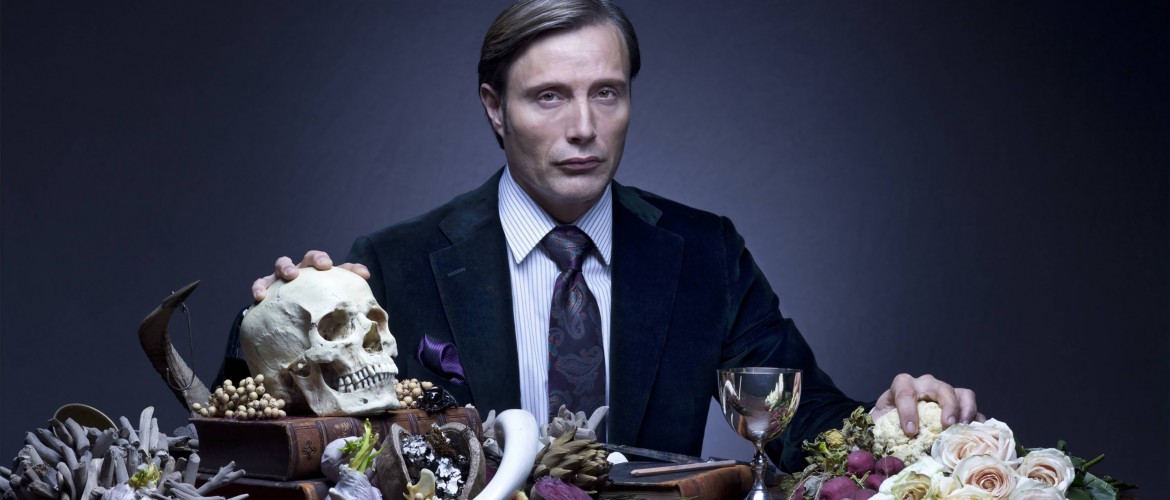When I initially gave Hannibal the NBC television series a shot, I tuned in without expectations. Back in the day I meant to read Thomas Harris’ novels, but like most of the country watched The Silence of the Lambs instead. Immediately, I felt as if I was experiencing a pivotal moment in cinema the way some might have felt when watching Marlon Brando play Colonel Walter E. Hurtz in Apocalypse Now, one of my all-time favorite war movies.
In The Silence of the Lambs, I fell in love with Anthony Hopkins’ disturbingly brilliant portrayal of Dr. Hannibal Lecter, which ultimately resulted in a well-deserved Oscar for best actor. So when the announcement was made that Lecter was coming to the small screen, plenty of Hopkins fans vowed to boycott the new series. In their estimation no other actor could do the role justice. If Hopkins wasn’t available then, they reasoned, the idea should be buried. (Never mind that casting him wouldn’t be a realistic option because this new version is a prequel.)
Ordinarily I might have felt the same way, but from the very first episode I will have to admit that the television series based on the four-part novel series far surpassed my expectations. As a matter of fact, being a die-hard Hannibal fan I will take it a step further to say that I think Mads Mikkelsen’s interpretation of Dr. Hannibal Lecter far surpasses the dated 1991 version.
What surprised me the most was not only how the actors brought each character into a three-dimensional light but how the writers, director and producers chose to tell the story by merging surrealism with reality. The show utilizes tasteful stylized editing, visual effects and stunning cinematography to draw the audience into a trance with its elegance. You almost forget you’re watching something supposedly “graphic” or “dark” in content. The show explores the complexity and depth of FBI profiler Will Graham’s (Hugh Dancy) ability to get in Lecter’s head via telepathy. He literally sees through the eyes of Lecter and is able to recreate the crime. Graham is so good at living in the mind of this psychologically disturbed serial killer that Lecter becomes enamored, obsessed even with his new protégé.
Each season has brought Graham and Lecter closer, dancing together into a very dangerous psychological two-step. No one else believed Graham when he tried to expose how dangerous Lecter truly was. Then, Will’s and Hannibal’s relationship started to tangle until the boundaries between catching a killer and becoming one started to blur. Season 3 opens with Lecter frolicking in Europe accompanied by Dr. Bedelia Du Maurier (Gillian Anderson), a flashback following Season 2’s cliffhanger where Hannibal uses his mastery at precision killing to slice Will to near-death. After Will is spared, he’s determined to catch “The Monster of Florence.” Will says it best when he explains that, “Blame has a habit of not sticking to Hannibal Lecter.” And as much as you want to be disgusted, terrified and shocked by Lecter’s character there’s a part of you that is drawn to his unique psychopathy.
The same way Hannibal Lecter manages to manipulate Will and Dr. Maurier, and allude authorities for so long, is the same manipulation that plays at the heart of the audience watching. You can’t help but root for Hannibal to escape in time to allow the chase to continue another week. We are hypnotized by Hannibal’s artistry and fine taste as he makes murder and cannibalism a beautiful symphony.
Personally, I consider Hannibal to be one of the best shows on TV, both network and streaming, and yet the show hasn’t sustained very high ratings. Perhaps the audience prefers formulaic drama over the artistic and dreamlike scenes that requires mental presence as opposed to brainless story lines and reality television shows that don’t require too much attention to follow along. Or, perhaps it’s just a too creepy.
Hannibal reminds us of the complexity of human nature, the layers of ambiguity and gray areas that explain the dichotomies and contradictories within our own personalities. Both Will and Hannibal expose their vulnerabilities to one another, as the show toys with the concept of good vs. evil. The show further distorts the roles of protagonist and antagonist until you comprehend that they are not mutually exclusive. Hannibal isn’t a show about clear-cut black and white lines drawn with distinction. Rather, it unravels how numerous contradictory feelings, behaviors and actions can easily co-exist. So, as Will ventures to Europe, continuing his obsessive hunt for Hannibal, it is unclear what will happen and who will end up behind bars or even dead. Someone’s freedom is at stake, that’s for sure, but both lives are forever altered.


